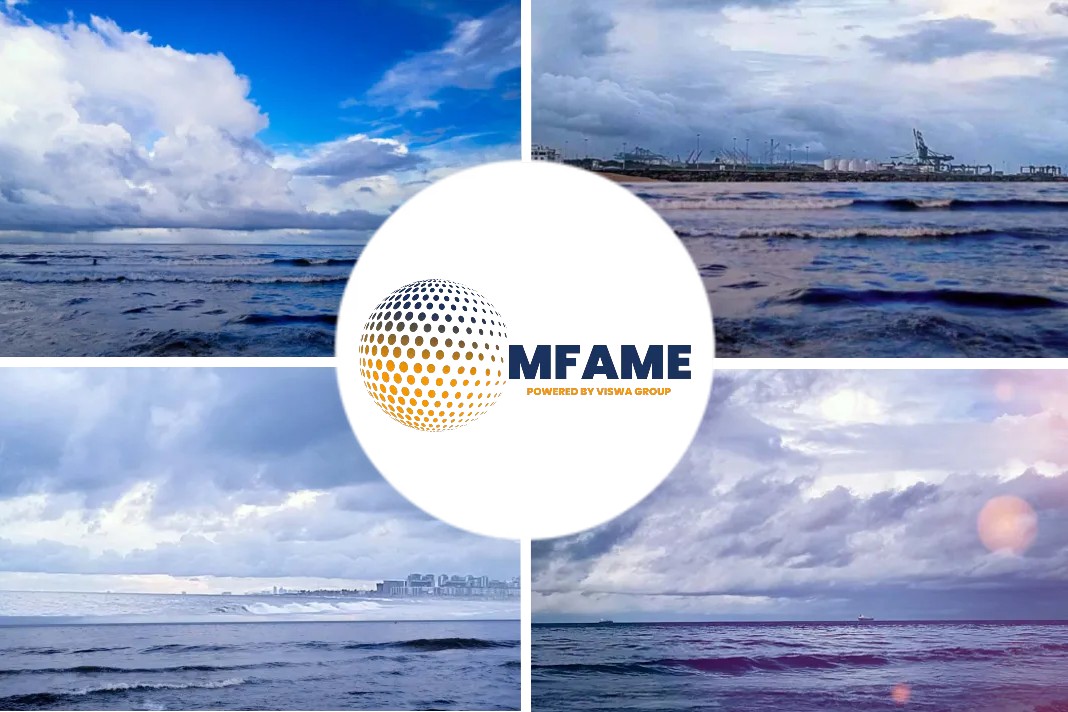- EU ETS overhaul faces uphill battle in 2022
- Clash looms on phaseout of free allowances
- Record prices spark worries over societal impacts
A recent news article published in the Platts states that EU on collision course with shipping over carbon market reforms.
EU’s Emissions Trading System
Efforts to reform the EU’s Emissions Trading System are facing an uphill battle in 2022, including a proposed expansion into shipping that comes during an energy cost crisis in Europe that threatens to dampen willingness to accept tougher environmental regulations.
EU carbon prices surged to an all-time high of Eur90.75/mt ($102.34/mt) Dec. 8, prompting calls for intervention to curb what some see as excessive financial speculation, with high carbon prices raising costs for a broad swath of industries from power generation to refining and aviation.
EU Allowance prices eased back to Eur79.38/mt by Dec. 20, posting a gain of 136% overall in 2021.
S&P Global Platts Analytics expects EUA prices to average Eur65.80/mt in 2022, compared with an average of just under Eur53/mt in 2021, according to a forecast in its latest EU ETS Market Outlook released Dec. 20.
Negotiations on the European Commission’s Fit-for-55 climate and energy package are set to continue under the French presidency of the EU Council in the first half of 2022, which will shift to the Czech Republic in the second half of the year.
EC officials have said there are no real divisions among member states on the headline target to cut CO2 emissions under the EU ETS by 61% by 2030 from 2005 levels.
But individual elements of the proposed reforms look set to hit tough resistance, notably expanding the system to include CO2 emissions from shipping; a proposal to phase out free allowances for industrial sectors from 2026; and to set up a new parallel carbon market for buildings and transport.
Conflict ahead
In particular, the EC’s proposal to add shipping to the EU ETS has put the bloc’s regulators on a collision course with the industry.
The EC went ahead with the proposal in July 2021, pointing to years of inaction by the United Nations International Maritime Organization.
But the International Chamber of Shipping, which represents more than 80% of the world’s merchant fleet, had said the EC’s proposal is the wrong way to go.
“ICS believes that a mandatory global levy-based MBM [Market Based Mechanism] is strongly preferable over any unilateral, regional application of MBMs to international shipping, such as that proposed by the European Commission,” the ICS said Sept. 6.
“A piecemeal approach to MBMs (the EU ETS will only apply to about 7.5% of global shipping emissions), will ultimately fail to reduce global emissions from international shipping to the extent required by the Paris Agreement, whilst significantly complicating the conduct of maritime trade,” the group said.
Instead, the ICS advocates for a global carbon levy on shipping fuels that would go into an IMO climate fund aiming to close the price gap between conventional fuels and low-carbon alternatives such as hydrogen and ammonia.
Clash over free allowances
The issue of free carbon allowances to industrial sectors is another major potential pitfall in the upcoming negotiations.
An end to free allocation matters because it would expose emissions-intensive industries to the full cost of carbon allowances for the first time.
The EC wants to phase out free allowances gradually and replace them with a Carbon Border Adjustment Mechanism which would apply a tariff on the carbon content of EU imports of iron and steel, electricity, cement and fertilizers.
EU member state Poland has largely supported the CBAM idea but warned against phasing out free allowances.
“The elimination of free allocations, and thus the need for companies in the EU to purchase more emissions allowances, will result in a direct increase in production costs and thus undermine the export potential due to reducing the price competitiveness of European products,” Poland’s environment minister, Anna Moskwa, warned Nov. 29.
Higher production costs linked to the withdrawal of free allowances would add to the price of manufactured products, she said. This could impose higher costs on economies already reeling from a global pandemic and a biting energy price crisis linked to a shortage of natural gas in Europe in 2021.
Buildings and transport
Potential roadblocks in the upcoming negotiations don’t end there.
The EC’s July 2021 package included a proposal to establish a new stand-alone market for CO2 emissions from buildings and transport fuels.
The new ETS aims to place a charge on carbon at the fuel distribution level from 2026, and unlike other sectors, will not include free carbon allowances for fuel providers.
European trade union group ETUC warned that the proposal could trigger a backlash.
“The EC’s proposal to make working people foot the cost of the green transition by raising the price of petrol and household energy risks creating a gilets jaunes-style backlash against urgently needed climate action,” the group warned in July, referring to France’s yellow vest movement.
Taken together, the EC’s proposed reforms may be a litmus test of the willingness of Europe’s industry and society to take on more ambitions climate targets and absorb their related costs.
Did you subscribe to our daily Newsletter?
It’s Free! Click here to Subscribe
Source: Platts

















